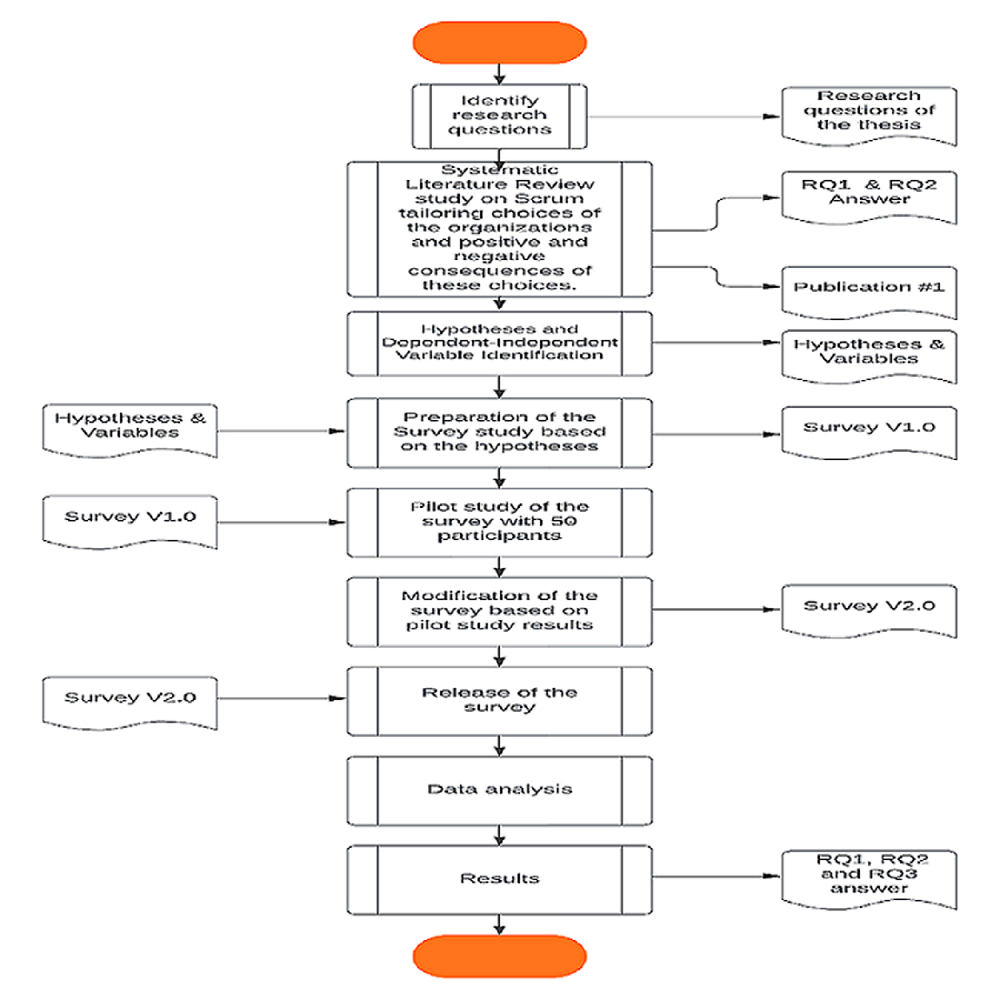M.S. Candidate: Özgün Özkan
Program: Information Systems
Date: 24.01.2023 / 15:00
Place: B-116
Abstract: The problems in traditional software development methods, such as being unable to respond quickly to change, lack of an iterative development approach, and the need to actively involve the customer in the process, led to the need for a different software development methodology. Agile software development(ASD) has increased in popularity by proposing solutions to these problems. Among various Agile Software Development methods, Scrum is one of the most popular ones. Scrum Guide provides a detailed description of the definitions, rules and purposes of each Scrum practices(practices, roles, and artifacts). Due to various factors such as team size, team distribution, project domain, technology, and requirement stability levels, organizations prefer to adopt Scrum practices into their contexts and make some customizations on their original definitions that are defined in the Scrum Guide. In this thesis study, we identified the Scrum tailoring methods used by organizations for each Scrum artifact and revealed the positive and negative consequences of these tailoring choices. Further, we established a connection between the tailoring choices that cause negative impacts and the technical debt that may arise from these choices. We performed a Systematic Literature Review(SLR) to have a comprehensive understanding of the tailoring choices made in Scrum projects from the literature and conducted a survey study among the participants who apply Scrum in their organizations to test our hypotheses.
